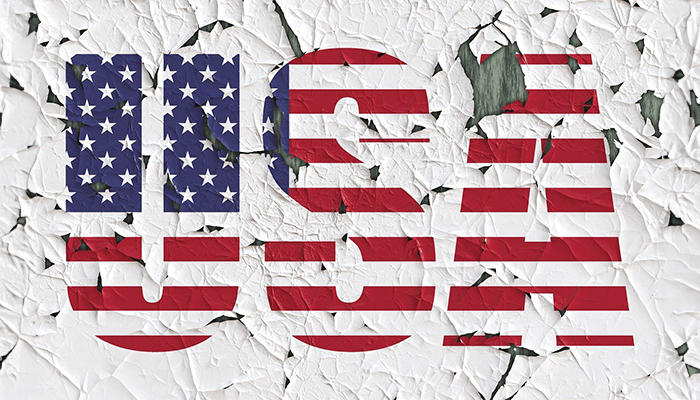What’s in Store for the Gambling Industry in 2025?

It would be fair to say that the gambling industry considered 2024 an “epic fail” in terms of legalization. No US state expanded gambling, a first since the Professional and Amateur Sports Protection Act fell in 2018. With a new year underway, a renewed sense of hope has appeared. Eleven states still haven’t legalized sports betting, and while Utah seems unlikely to join the fold, the remaining ten offer a mixed bag of possibilities.
Alabama: A Mountain to Climb
Alabama lawmakers attempted a sweeping legalization bill in 2024, encompassing lottery, casino, and sports betting. This was an extremely tall order, particularly for a state with limited gambling options. The effort ultimately failed. While some discussions may continue, the state legislature might find more success with a piecemeal approach, potentially starting with a lottery, a common entry point for many states.
California: Tribes Hold the Key
The 2024 ballot initiative defeat in California left the industry reeling—however, the future likely hinges on the state’s tribes. After years of opposition, some commercial operators are now seeking partnerships with tribes, recognizing their powerful influence. Finding common ground among diverse tribal interests remains a significant hurdle.
Georgia: Politics Trumps Progress
Georgia, despite showing initial promise, remains a perplexing case. While there’s consensus among some lawmakers, political gridlock and opposition from key figures have consistently stalled progress. Senator Brand Beach, a key proponent of legalization, continues to push for change, but overcoming political barriers will be crucial.
On 4 December, a constitution op-ed wrote the following in an Atlanta Journal:
Our stubbornness to legalize this wildly popular activity is not only forgoing millions of dollars in tax revenue but also propping up shady offshore betting sites that have zero protections to prevent minors from gambling, have no problem-betting resources, and might not even pay winners.
The Remaining States: A Patchwork of Possibilities
- Alaska: Lack of legislative interest and the state’s small population make legalization unlikely anytime soon.
- Hawaii: While discussions have occurred, a lack of consensus on the form of legal gambling continues to hinder progress.
- Idaho: With strong opposition to gambling, Idaho appears unlikely to legalize sports betting anytime soon.
- Minnesota: After years of deadlock, a potential framework for legalization involving tribes and horse racing tracks has emerged. However, political hurdles and opposition from social groups remain.
- Oklahoma: The fractured relationship between the state and its tribes poses a significant obstacle. Governor Stitt’s proposed framework was met with strong opposition, and the current political climate makes any progress unlikely.
- South Carolina: Two bills have been introduced, one proposing a constitutional amendment and another focusing solely on sports betting. Legislative discussions have increased, suggesting potential for movement in 2025.
- Texas: Lieutenant Governor Dan Patrick’s staunch opposition remains a major hurdle despite serious lobbying efforts. While a constitutional amendment has been filed, its passage remains highly uncertain.
The Road Ahead
The gambling industry faces a period of uncertainty as it navigates the complexities of the legislative landscape in these holdout states. 2025 may see some progress in states like South Carolina and Minnesota, while others may remain mired in political gridlock. The industry will need to adapt, build coalitions, and address the concerns of various stakeholders to pave the way for future growth and expansion.
 by
by